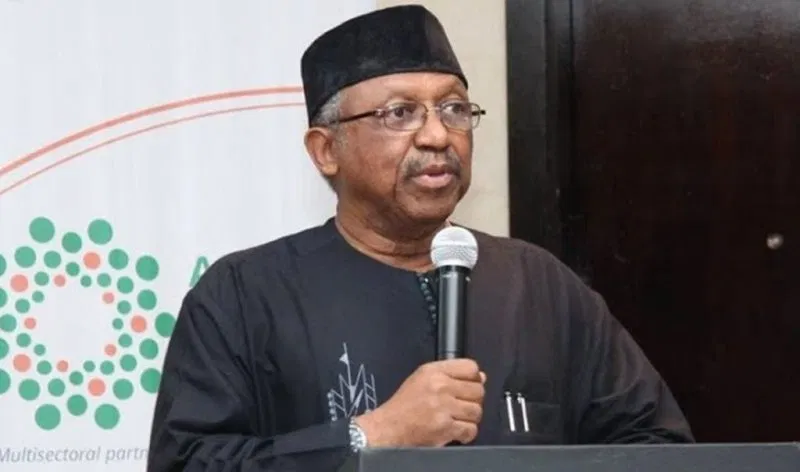By Zayamu Hassan
Concerned by the mortality occasioned by Lassa Fever in the country, the Federal Ministry of Health in partnership with the World Health Organisation (WHO), has organised a capacity building training on Lassa Fever case management for experts in the Nigeria.
Speaking while declaring the training open in Abuja, Monday, the Minister of Health, Osagie Ehanire, said: “Now we want to build capacity in case management because we know that doing so will go a long way in reducing mortality in these patients. This training is part of the government’s effort to further reduce mortality from Lassa fever.”
He further disclosed that his ministry is currently engaging with the World Health Organization (WHO) and the Coalition for Epidemic Preparedness Innovations (CEPI) for the development of new therapeutics and a vaccine for Lassa fever.
Ehanire noted that the Institute of Lassa Fever Research and Control (ILFR&C), Irrua Specialist Teaching Hospital (ISTH), will play a critical role in this regard.
The training which was supported by the WHO was organised by the Federal Ministry of Health and Irrua Specialist Teaching Hospital.
“Today I shall be inaugurating the INTEGRATE CONSORTIUM, to be led by Nigeria working with international partners and the WHO to articulate and prepare centres for clinical trials,” the Minister further disclosed.
Ehanire said that his ministry decided to embark on the capacity building in lassa fever case management, because “we know that doing so will go a long way in reducing mortality in these patients. This training is part of the government’s effort to further reduce mortality from Lassa fever.”
While acknowledging the contribution and support of the WHO in the fight against Lassa Fever in the country, the Health Minister said: “The FMOH has not made this progress in addressing Lassa fever epidemics working alone.
“The WHO has been integral in their support. Their support to the country has spanned from sensitization and training of healthcare workers to the provision of infection control commodities to treatment centres.
“They have also supported public awareness initiatives, surveillance and outbreak response at the state level through the Emergency operations centre and at the national level. For this, we once again express gratitude.”
He revealed that there has been significant improvement in case management since ISTH became actively involved in the fight against the disease.
“Before their involvement, blood samples had to be sent to Europe and South Africa for confirmatory testing, with results being unavailable for weeks to months.
“The institute’s activities have also seen expansion from clinical case management to research including large-scale epidemiological studies,” Ehanire recalled.
Commenting on the COVID-19, the Minister warned that pandemic is not yet over, explaining that some patients may have Lassa fever and COVID-19 at the same time and suffer complications from both of them.
“These patients need particular attention and timely decision-making is key in this regard. We have made internationally recognized giant strides as a nation, in addressing COVID-19,” the Minister reiterated.
Responding to questions from Journalists, the WHO Representative in Nigeria, Dr. Walter Kazadi, said that the training was important because the participants will be equipped with new knowledge on how to treat lassa fever cases.
According to him: “This is workshop is very important because Lassa fever has been a problem since many years ago killing a lot of sufferers.
“The number of people dying from the disease, according to the management of Irua Hospital Specialist Teaching Hospital is a cause for concern.
“This workshop is important because it will address the issues regarding case management, the way people are treated, the way medicines are given, the timeliness of the treatment and also the best practices to the rest of Nigeria.
“Nigeria being 36 countries in one, it is important that we bring all our experts up to speed so that they all benefit from best-in-class knowledge on how to treat Lassa fever cases.”




